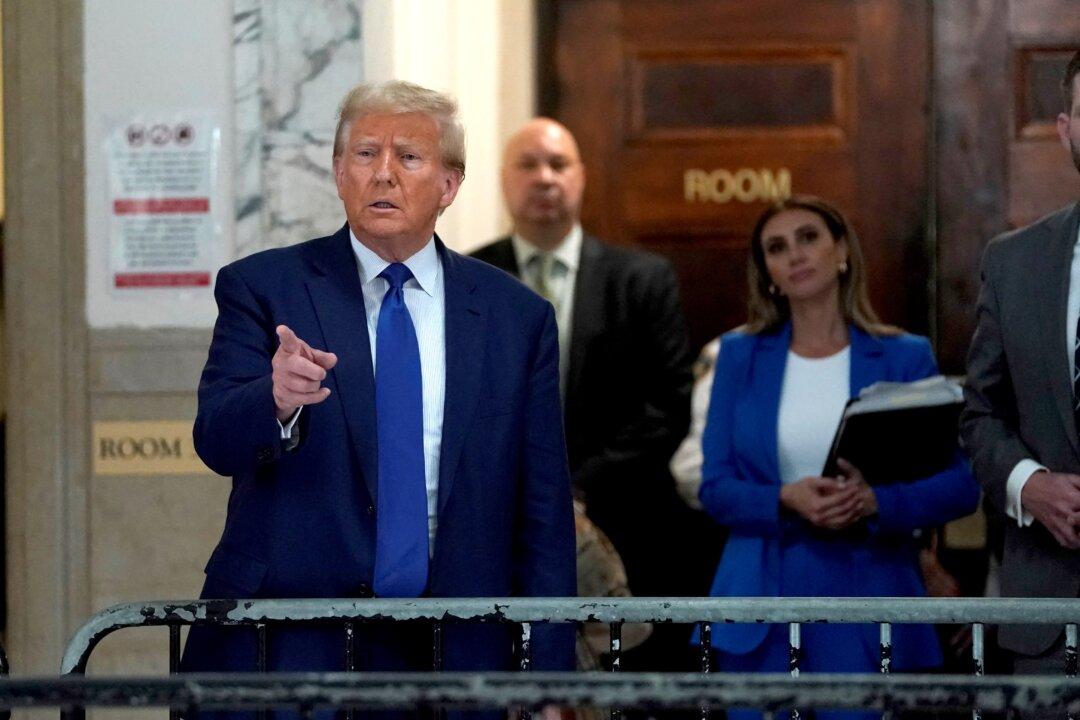Sociology professor Peter Simi testified as an expert witness in the case alleging that former President Donald Trump engaged in an “insurrection,” thus disqualifying him from running for office under Section 3 of the 14th Amendment.
Mr. Simi specializes in studying political violence and political extremism. In his 27-year career, he said, he has spent thousands of hours interviewing gang members and political extremists and has testified as an expert witness in other cases.





